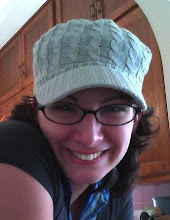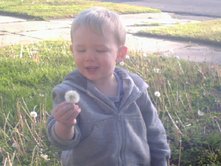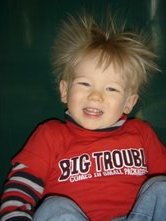
“The Shack: Where tragedy confronts eternity” by WM Paul Young tells the story of Mackenzie Allen Phillips, more commonly known as Mack. This book was published in 2007 by Windblown Media.
If I could sum up how I feel about this book in one sentence, I would say: I love to hate this book. I hate it because it is so real, so painful, so filled with the human suffering we try to avoid. And at the same time, it is filled with love, acceptance, and compassion from God.
There were several times I put the book down saying I hated it. And there were even more times I put it down for just a minute because I needed to collect myself together before tears streamed down my face as I suddenly felt whole in the arms of God.
Young tells us the life story of Mack. He is raised by a father who abuses him, runs away as a teenager, and eventually goes on vacation with three of his youngest children without his wife Nan. Through a series of events out of Mack’s control, his youngest 6 year old daughter, Missy, is kidnapped and presumed brutally murdered. It is very real, it is descriptive, and may be worse to read than watching an episode of CSI.
A wise friend advised me if I could make it through the first 4-5 chapters I would not regret reading the book. I would give the same advice in this review. If you can make it through those 4-5 chapters where you watch Mack loose his baby girl, you will not be disappointed you continue to read the book.
Once you make it through the horrible tragedy (or “The Great Sadness” as the book calls it), you walk with Mack to the shack where Missy was killed. You watch the blood stained floor transform into the stage where God shows Mack how valuable he is and you watch Mack shed his previous view of God for a relational, loving God he can trust.
God comes in three persons. God the Father is a huge black woman. God the Spirit is an Asian woman who appears to float off the ground, and God the Son is a Middle Eastern, not very attractive man. He also meets Sophia, at some point, who personifies wisdom.
Mack comes to the shack alone, not sure if the murderer was enticing him to come back to do more damage to his family. But it turns out God asked him to come, to provide hope and healing in his life so that he might be transformed to make a difference.
Mack’s understanding of the Church and religion is turned upside down. Everything he (and the rest of us) ever held tightly to is released for a God of love to wrap arms around him. Mack is allowed to question how he could trust a God who allowed his Missy to die. Mack is free to release his “Gandalf” view of God. He is invited to give up his quest for independence in order to be truly free. And Mack watches the relationship between the Trinity, how the care for each other deeply, without power over the other.
Most significantly, Mack sees God's pain. God is hurt and broken because of Missy's death too. No child should suffer like that. And Mack watches as God redeems the horror of his daughter’s murder to draw him closer to God.
I would not call this book entirely theologically accurate. But it is a novel. It is theological fiction and one does not expect fiction to be entirely truthful and accurate. For the genre of fiction, it is phenomenal and worth reading.
The book is a theodicy (way to deal with tragedy and a good God) that, I believe, does quite well to answer how a loving God could allow such horror. My minor issues are not worth typing. The fact that Young places responsibility in the hands of humans who choose themselves (who choose to be selfish) over being in relationship with God covers a multitude of tiny errors.
In fact, as you read, I would not be surprised if you hear God say some of the same things to you that God says to Mack. You may hear God say, "I'm particuarly fond of you," "You are special," and "My love is bigger than your stupidity."




No comments:
Post a Comment